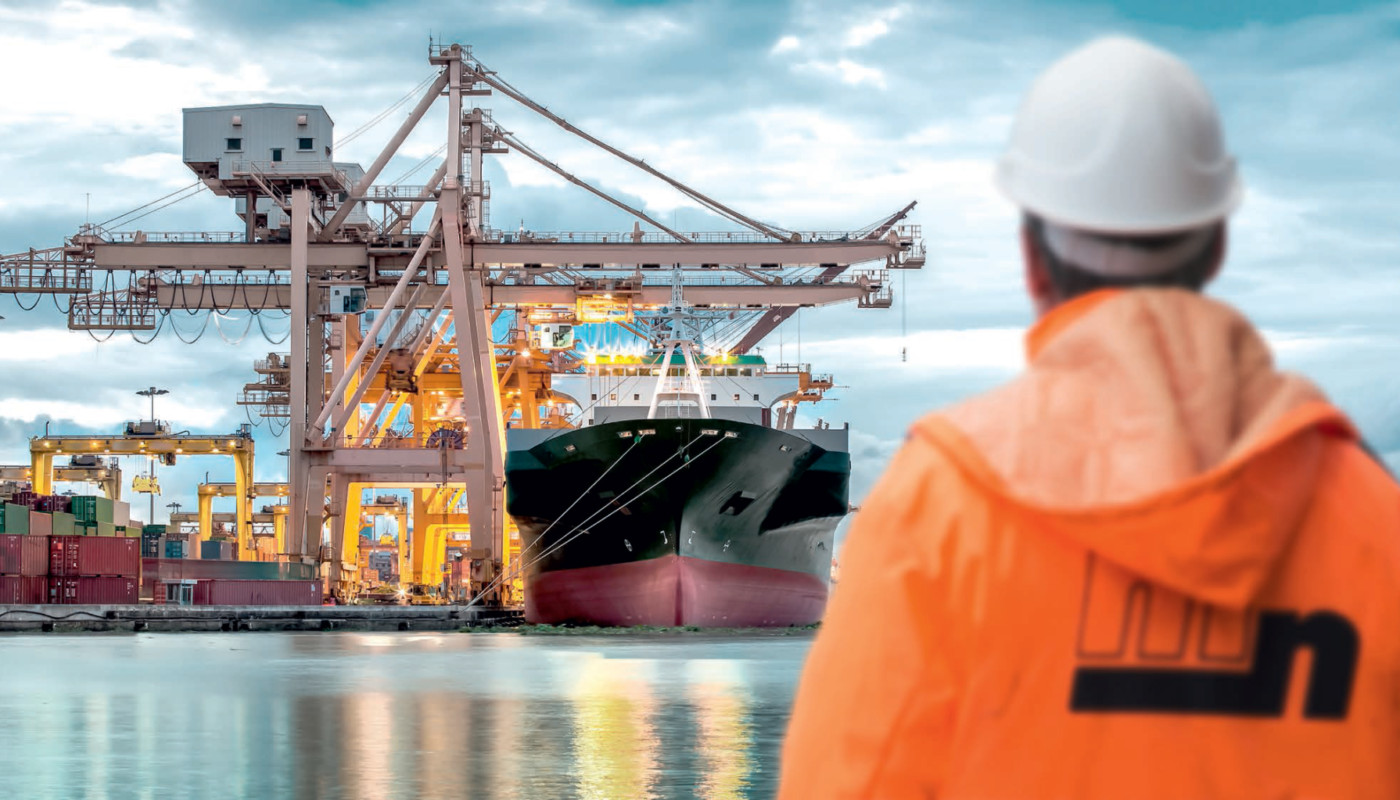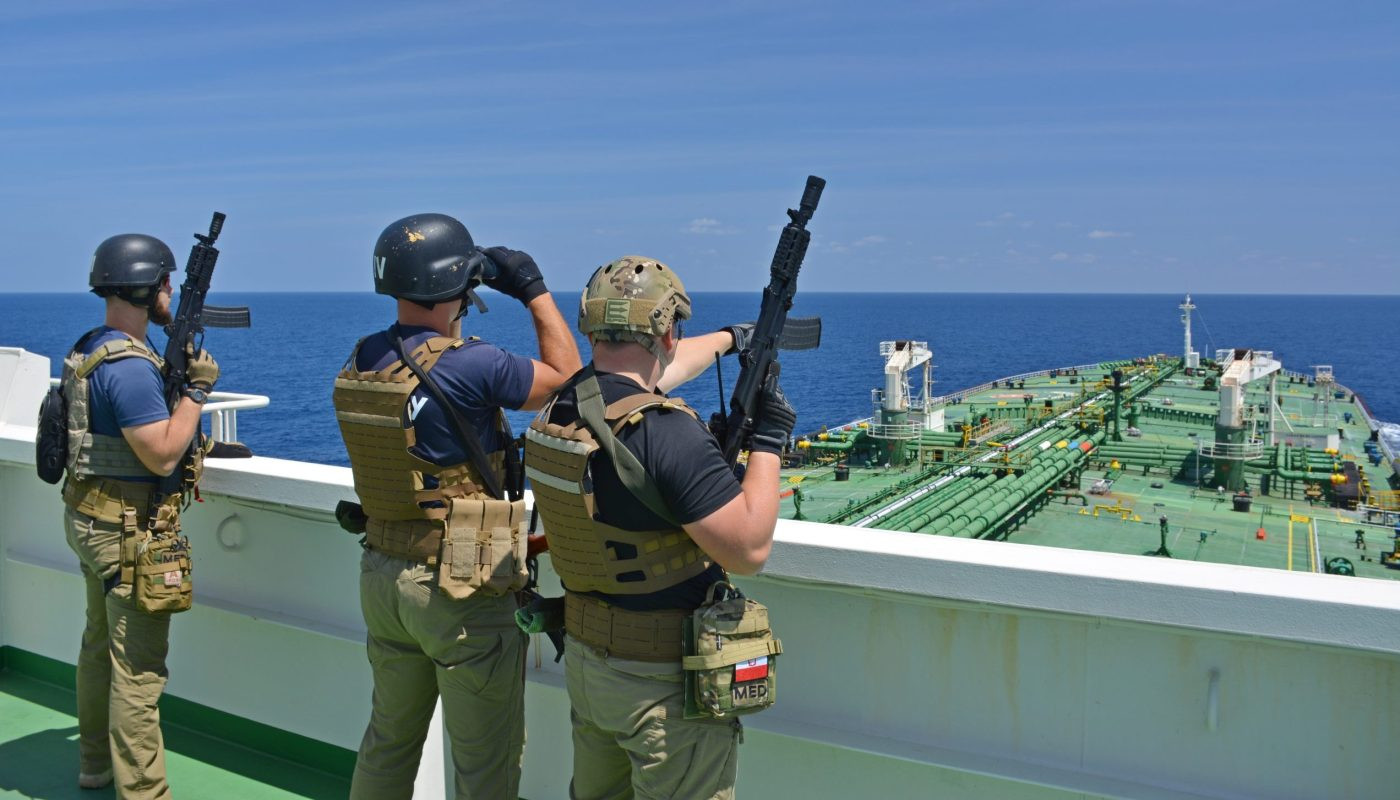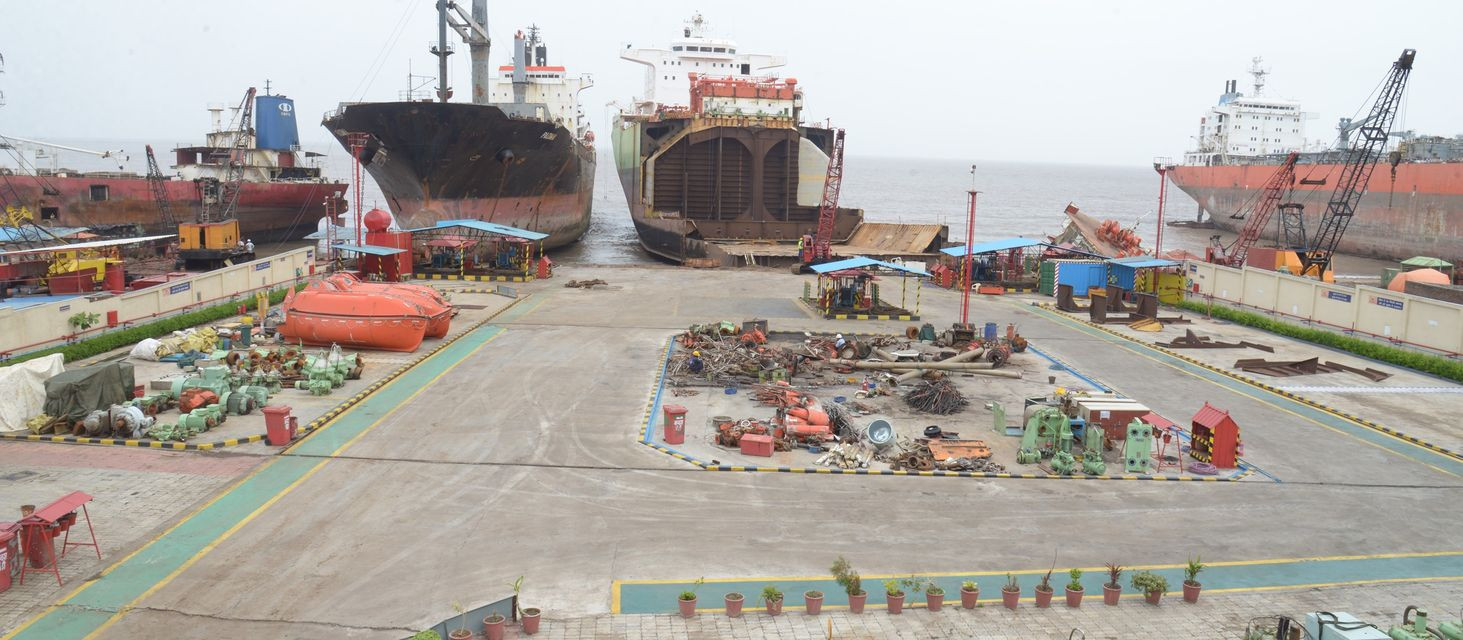Global Maritime Security Market Set to Expand
The global maritime security market is poised for substantial growth, with projections indicating a USD 3.62 billion increase from 2024 to 2028. This expansion, fueled by an escalating number of marine threats, is expected to occur at a compound annual growth rate (CAGR) of approximately 3.2% during the forecast period.
Driving Forces Behind Market Growth
The maritime security market is experiencing a surge in demand primarily due to the growing prevalence of marine threats. These threats encompass a range of dangers, including piracy, terrorism, illegal fishing, and smuggling activities. The increasing frequency of such incidents necessitates heightened security measures to safeguard maritime trade and transportation. This includes the deployment of warships for coastal surveillance and protection against potential attacks.
The Rise of New Harbors: A Catalyst for Growth
Nations are actively investing in the development and expansion of their harbor infrastructure to support economic growth and facilitate international trade. This trend is particularly evident in countries like India, France, and Sri Lanka, where new harbors are being constructed to enhance the accessibility of ports for ships. The increased shipping activity resulting from these new harbors will generate a substantial demand for advanced maritime security systems.
Key Trends Shaping the Maritime Security Landscape
The maritime security market is witnessing a shift towards the adoption of advanced technologies to enhance security measures. These include:
- Custom electronics: Multisensor cameras and surveillance towers are being deployed in seaports and port infrastructure to monitor and inspect activities.
- Drone surveillance: Drones are increasingly used for surveillance and reconnaissance purposes, offering a comprehensive view of maritime areas.
- Cybersecurity systems: As maritime operations become increasingly reliant on technology, cybersecurity systems are essential to protect against cyberattacks and data breaches.
Navigating Market Challenges
While the maritime security market is experiencing robust growth, it faces certain challenges that could impede its expansion. These challenges include:
- High installation costs: The implementation of maritime security systems can be expensive, particularly for advanced technologies. This cost barrier may deter some potential adopters, especially smaller companies or organizations with limited budgets.
- Reluctance to adopt new technologies: Some stakeholders may be hesitant to embrace new technologies due to concerns about their complexity, potential disruptions, or lack of familiarity. Overcoming this reluctance is crucial for the wider adoption of innovative security solutions.
- Stringent regulations: The maritime industry is subject to stringent regulations governing security and safety. Navigating these regulations can be complex and time-consuming, potentially hindering the development and deployment of new security systems.
Key Players in the Maritime Security Market
Several key players are driving innovation and competition in the maritime security market. These companies include:
- Airbus SE
- BAE Systems Plc
- Elbit Systems Ltd.
- HENSOLDT AG
- Honeywell International Inc.
- Kongsberg Gruppen ASA
- L3Harris Technologies Inc.
- Lockheed Martin Corp.
- MIND TECHNOLOGY INC.
- Northrop Grumman Corp.
- RTX Corp.
- Saab AB
- Safran SA
- Sonardyne International Ltd.
- SPX Technologies Inc.
- Teledyne Technologies Inc.
- Terma AS
- Thales Group
- The Boeing Co.
- Ultra Electronics Holdings Plc
A Look Ahead: The Future of Maritime Security
The maritime security market is continually evolving as threats evolve and new technologies emerge. The focus on addressing security concerns related to illegal activities, security breaches, armed robbery, and transnational crime is driving innovation in the development of more effective surveillance, inspection, and monitoring systems. The future of maritime security lies in the integration of advanced technologies, such as artificial intelligence (AI) and machine learning (ML), to enhance situational awareness, automate security processes, and ensure the safety and security of maritime operations.
Charting a Course for Enhanced Security
The maritime security market is on a trajectory of growth, driven by the escalating need to protect maritime trade and infrastructure from an array of threats. As technologies advance, the market is likely to witness the emergence of innovative solutions that enhance security, streamline operations, and pave the way for a safer and more secure maritime environment.

















